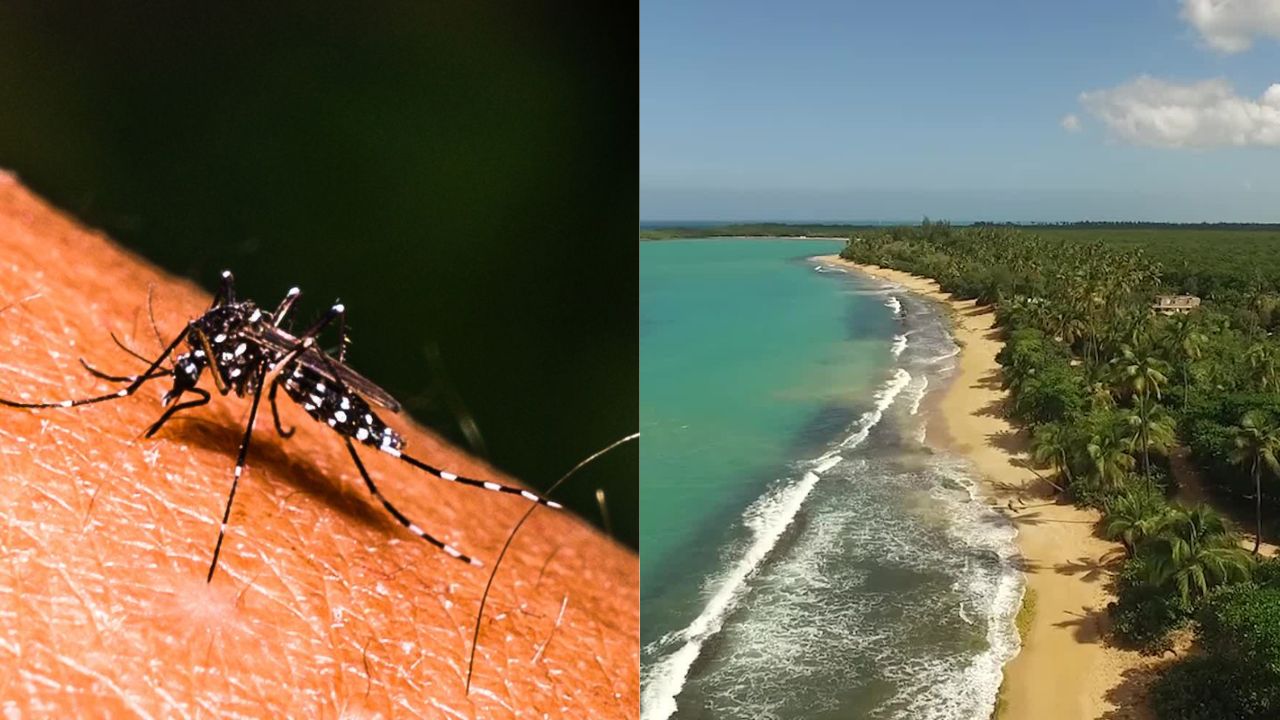Puerto Rico has recently announced a state of emergency in response to a significant outbreak of dengue fever, a mosquito-borne disease that has been spreading across the Americas. With 549 reported cases in Puerto Rico, the capital city of San Juan has been particularly affected.
Dengue fever, also known as “breakbone fever,” is marked by symptoms such as headaches, muscle pain, fever, and rashes. In severe cases, it may cause fatalities. The Puerto Rico Health Department has noted that this year’s dengue cases have surpassed previous records, prompting the government to declare a public health emergency.
According to the World Health Organization, the virus claimed the lives of over 5,000 individuals worldwide in 2023. Among the vast array of insects, the Aedes aegypti mosquito is believed to be the main transmitter of dengue across the Americas.
Dr. Stacey Rizza, an infectious diseases specialist at the Mayo Clinic, explained to the Mayo Clinic News Network that dengue transmission is most prevalent in regions with substantial mosquito populations and warm climates.
While travel to and from Puerto Rico has not been directly impacted, the emergency declaration enables the health department to access additional funding for detection and prevention efforts. This funding is crucial for containing the spread of the disease and protecting the population.
The dengue outbreak in Puerto Rico mirrors a larger trend seen throughout the Americas this year. Countries including Argentina, Uruguay, Brazil, and Peru have all grappled with significant dengue outbreaks, impacting sizable portions of their populations. This underscores the widespread prevalence of the disease and emphasizes the necessity for unified efforts to combat its transmission.
Mosquitoes serve as the primary vectors for dengue fever, posing health risks in various regions of Florida over recent times. It’s imperative to implement robust mosquito control strategies to curtail further disease spread. Furthermore, raising public awareness through educational campaigns can empower individuals to adopt preventive measures against mosquito bites, thereby safeguarding themselves and their communities.
In an era of heightened global connectivity and travel, infectious diseases like dengue can swiftly traverse borders. Puerto Rico’s prompt declaration of a health emergency underscores its dedication to preserving the health and safety of both residents and visitors, reflecting proactive measures in response to emerging health threats.

